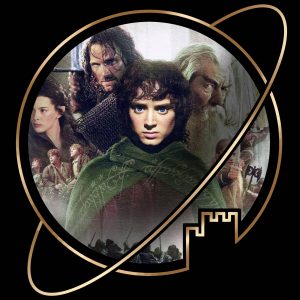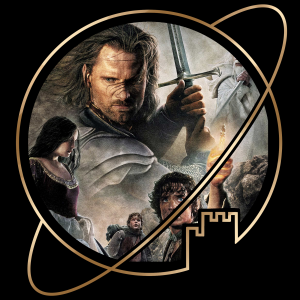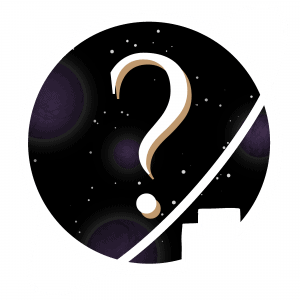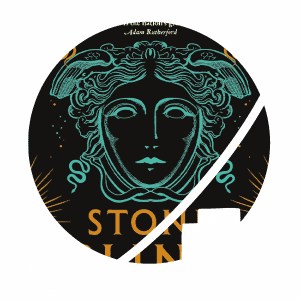- Novel written by N. K. Jemisin
- Published 04 August 2015
- Part one of the Broken Earth Trilogy
Review of the Fifth Season by N. K. Jemisin.
The world is ending, but not for the first time. It was ended many times before, by earthquakes and volcanoes and famine. Seismic events can be controlled by Orogenes, people who can manipulate the kinetic and thermal forces of the earth to still quakes and bend the earth’s energy to their will.
In this world, a woman finds out that her husband has killed her son and kidnapped her daughter. A young girl is discovered to be an orogene and is taken to a place where she can learn to control it, and two powerful orogenes undertake a routine journey to help out a town in need.
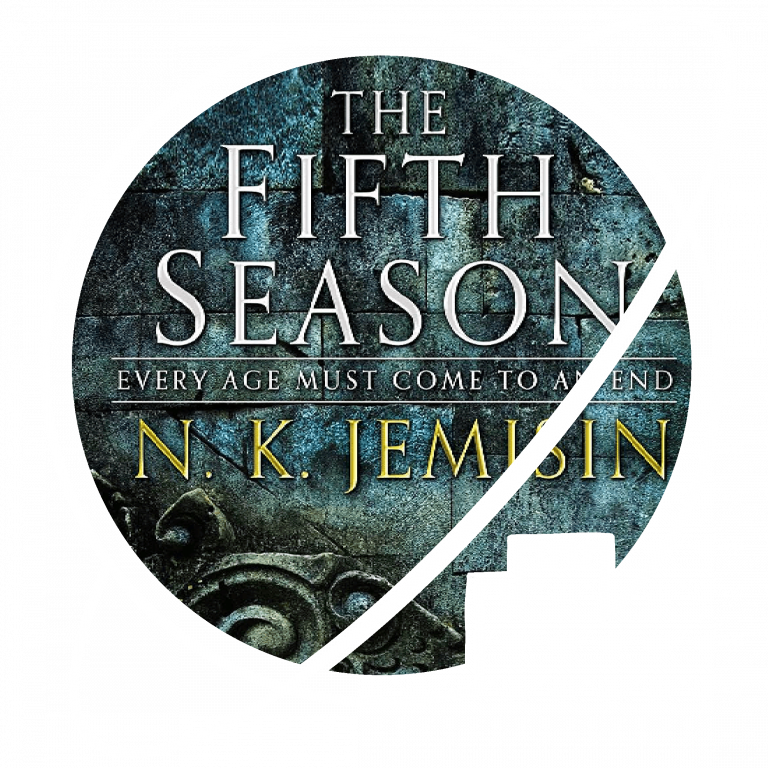

I got this series as a present from my dad. I’d never heard of it, despite it being awarded a Hugo award and getting very good reviews on Goodreads. It took a good couple of pages to truly get into it. However, the writing style really helped me to stay invested even though I’d landed in the middle of a world that is unlike any I’d read about before. I’ve been trying to think of ways to recommend it to my friends, but I find it incredibly difficult to describe this book. Often fantasy can be easily compared to similar works, and very often it’s strongly based on European medieval history. This isn’t the case for The Fifth Season.
This novel features a couple of main characters. There’s Essun, who is an orogene from a small town, whose chapters are told in second person. This may not be some people’s cup of tea, but I found that it worked quite well and it really didn’t bother me. Damaya is a young orogene who really allows us a glimpse into how the world works. She doesn’t understand her powers yet, and neither do we at the start. Then we have Syenite and Alabaster, whose dynamic I found super interesting to read.
Of course, Orogeny is basically magic, and those who cannot use it fear it and the people who wield it. However, what really strikes me about Orogeny as a system, is that it never seems to go down the Elemental magic road. That isn’t to say that there’s anything wrong with that, but I feel like lately, a lot of magic systems tend to be elemental. Ok – maybe I’m mostly just still pissed about Fate: the Winx Saga.
What I’m trying to say is that magic in this book isn’t particularly thoroughly explained. We know where it is drawn from, but we don’t know its limits. Still, this doesn’t (so far, at least) lead to it being used to solve each and every problem the characters encounter. Rather, it ties in with the fact that the world as a whole is unfamiliar. We don’t know the limits of orogeny, because we don’t know the limits of the world that spawned it.
I’d really recommend this book if you’re looking for some non-western fantasy, with a dystopian edge to it. The writing is very fast-paced, and the characters are intriguing. This may be more of a difficult read for people who don’t like seeing lots of unfamiliar terminology, as it is used a lot in the Fifth Season. I’m not usually a huge fan of this, but because of the pacing and the fact that you don’t have to understand everything at the beginning, I easily got through it.

The Fifth Season is a clear example of a fantasy book that’s very different from other books in this genre, in a good way. Lotte explains this quite well in her review. This trilogy introduces the reader to a grimdark setting and magic system that can be overwhelming at first, but is compelling enough to pull you through this rough start.
The workings of orogeny – basically the magic system of this world that forms a red thread in the narrative – is explained via three different point of view characters, each in a different stage of life and highlighting different aspects of the setting. Without getting into detail, I can share that each character is interesting to read about. I could never quite predict what would happen, and suspicions I had were occasionally way off. There were two twists in particular that completely took me by surprise, even though I should have probably seen at least one of them coming.
One of the characters is written in second person, and this might have been one of the first times I encountered this perspective in a novel. It worked extremely well, though, and didn’t take much time to get used to. In fact, it inspired me to try it myself one day in my own writings. It was very informative.
The Fifth Season is in many ways just a set-up to a larger story, and an introduction to characters that have yet to show their full charm at the end of the book. I have no clue about what is going to happen next. Still, I’m curious to find out! Definitely worth the read.

I have heard only good things about this trilogy for years, so I don’t know why I’ve waited so long to pick it up. I am happy to say it lives up to the hype: although I have not yet finished the entire trilogy, so far I am enjoying it very much. The main thing that stands out is the fascinating worldbuilding. The story contains some really interesting speculations about the kinds of choices that have to be made in a world where apocalypses occur so regularly that the entirety of civilation has to be adapted for survival.
The book has a cast of varied and unique characters, who are definitely worth getting to know. My only quibble with the first book was that I sometimes felt a bit disconnected from them: while they were interesting, I didn’t immediately fall in love with them the way I hoped to. This did not stop me from enjoying the book however, and much of it was solved in the second book. Definitely recommended to people who are looking for something a little out of the ordinary!
Tagged:
See also:
No posts found!






